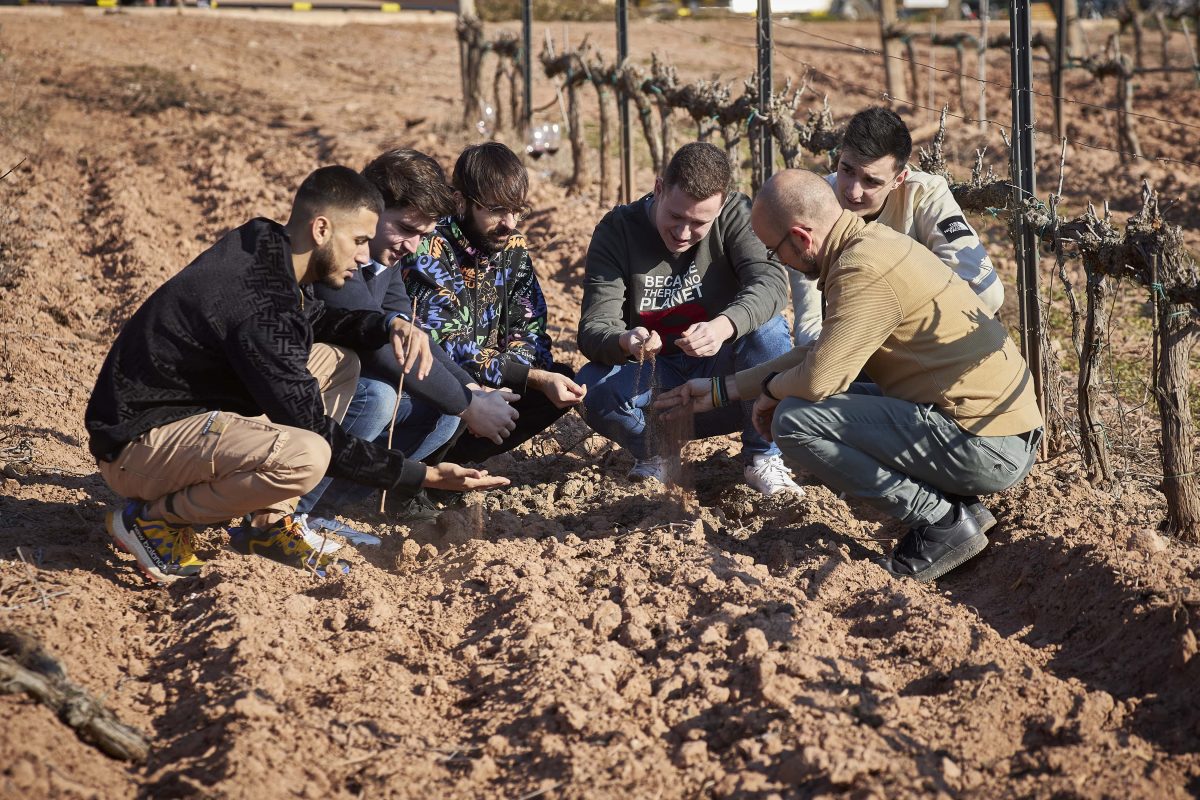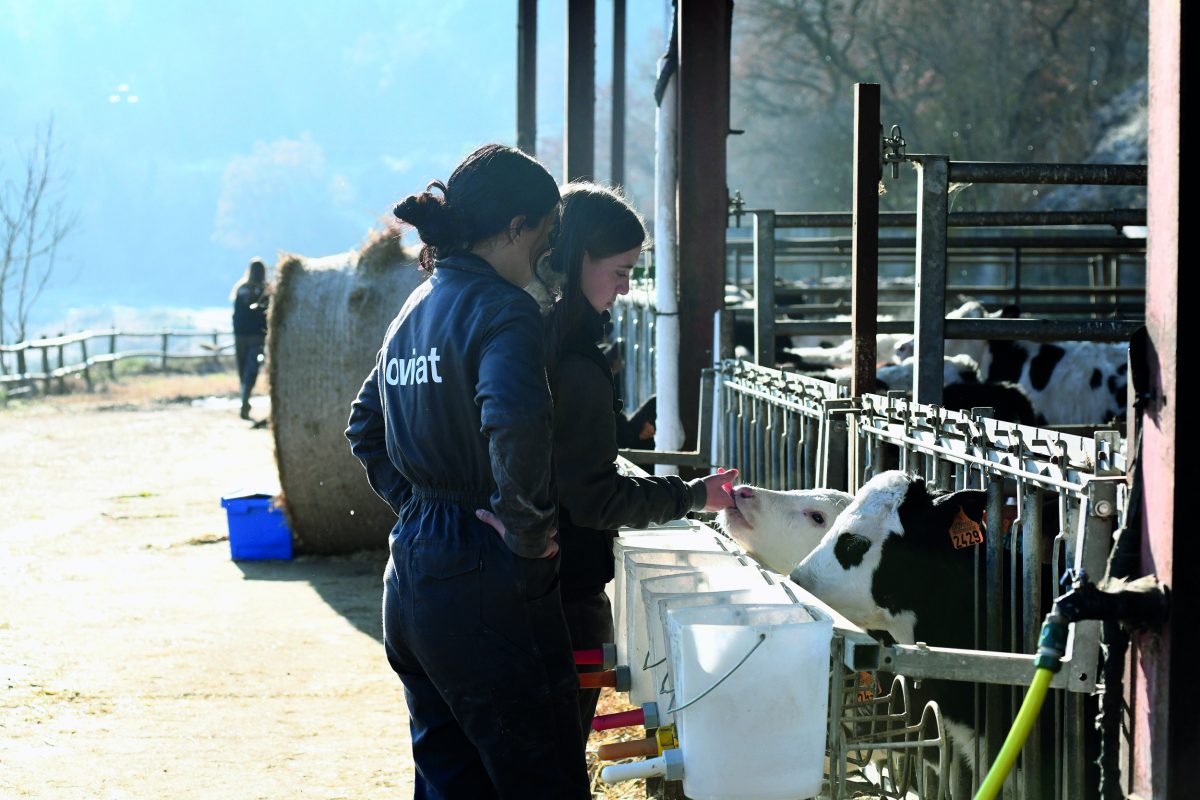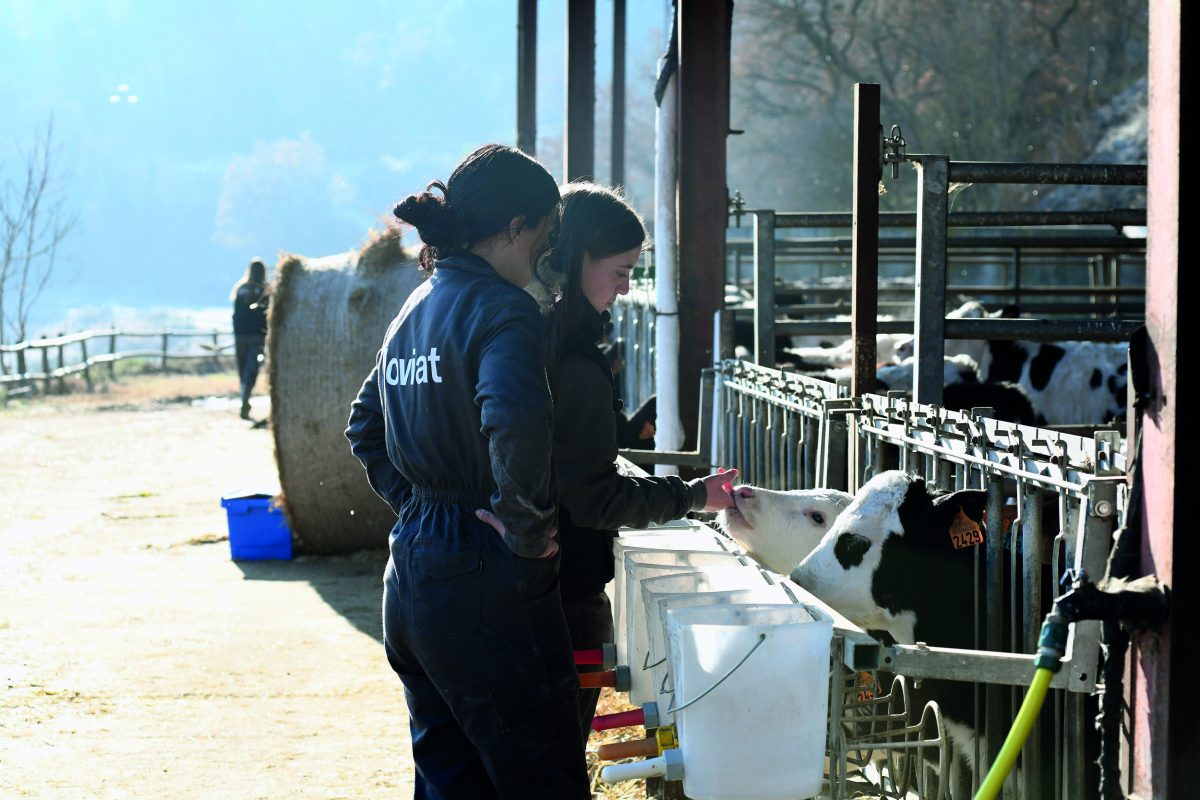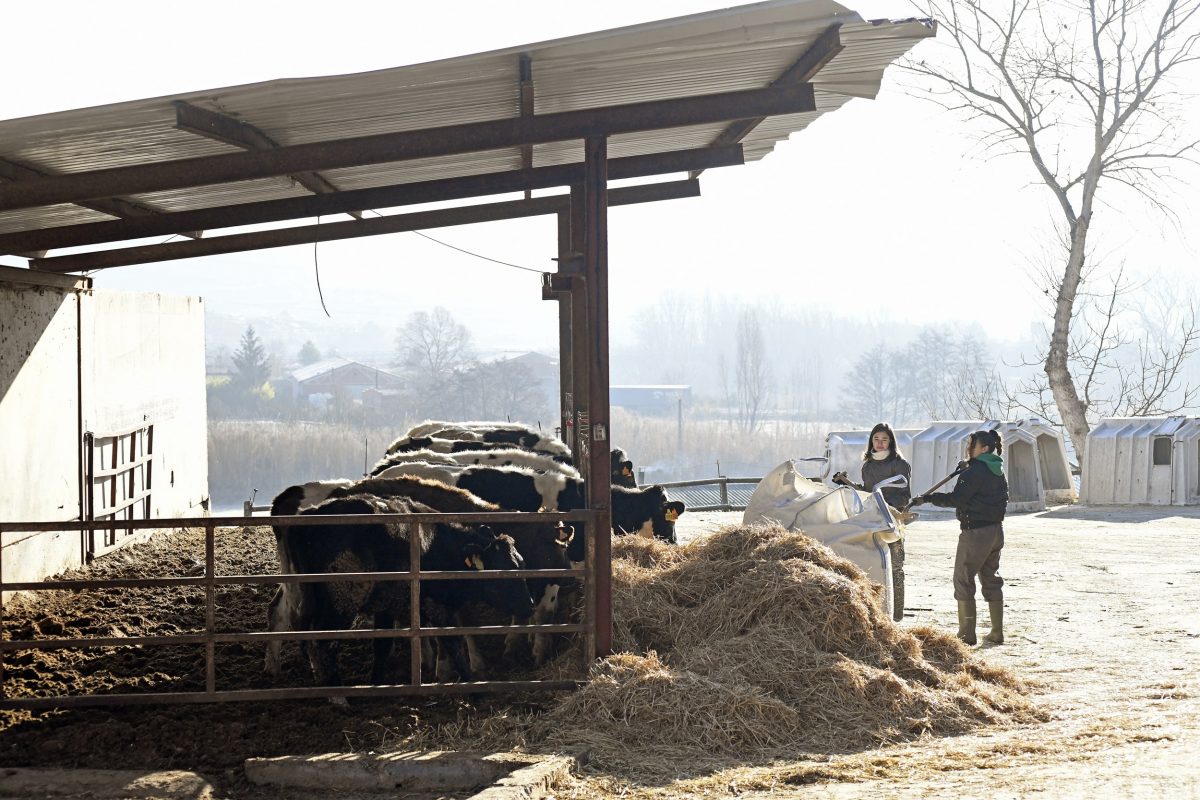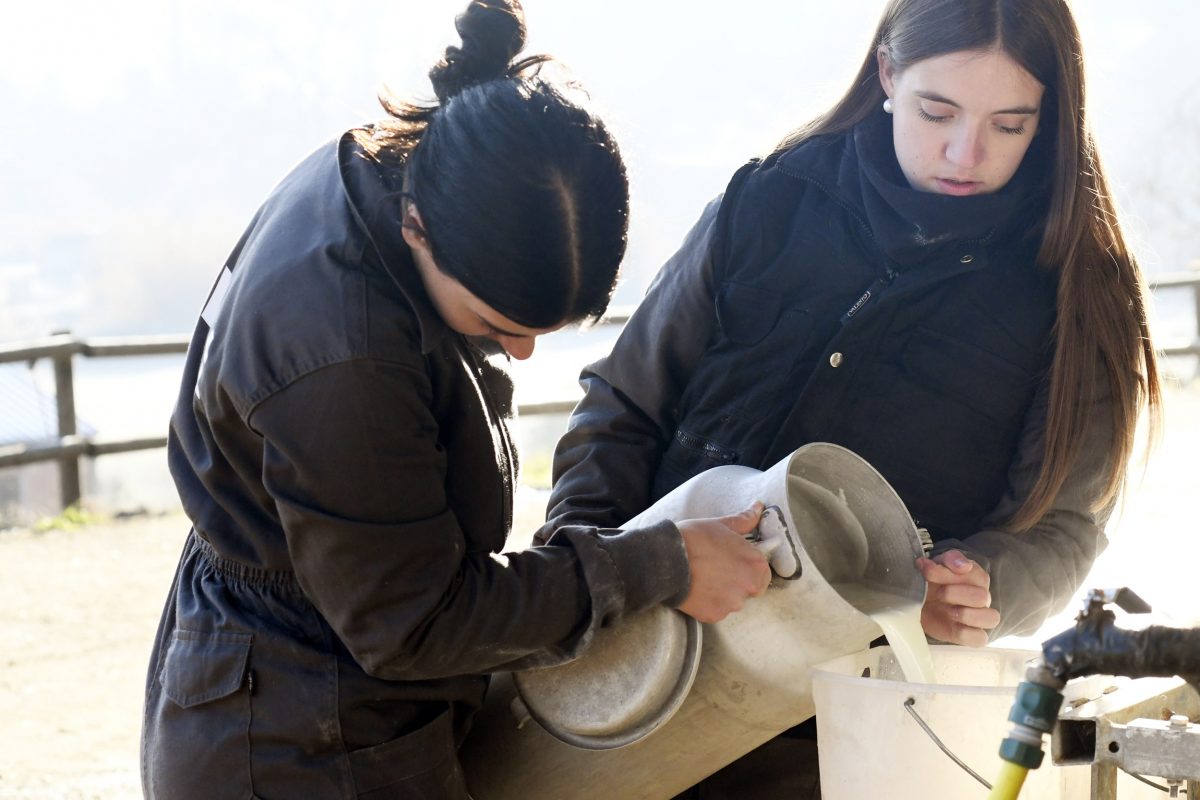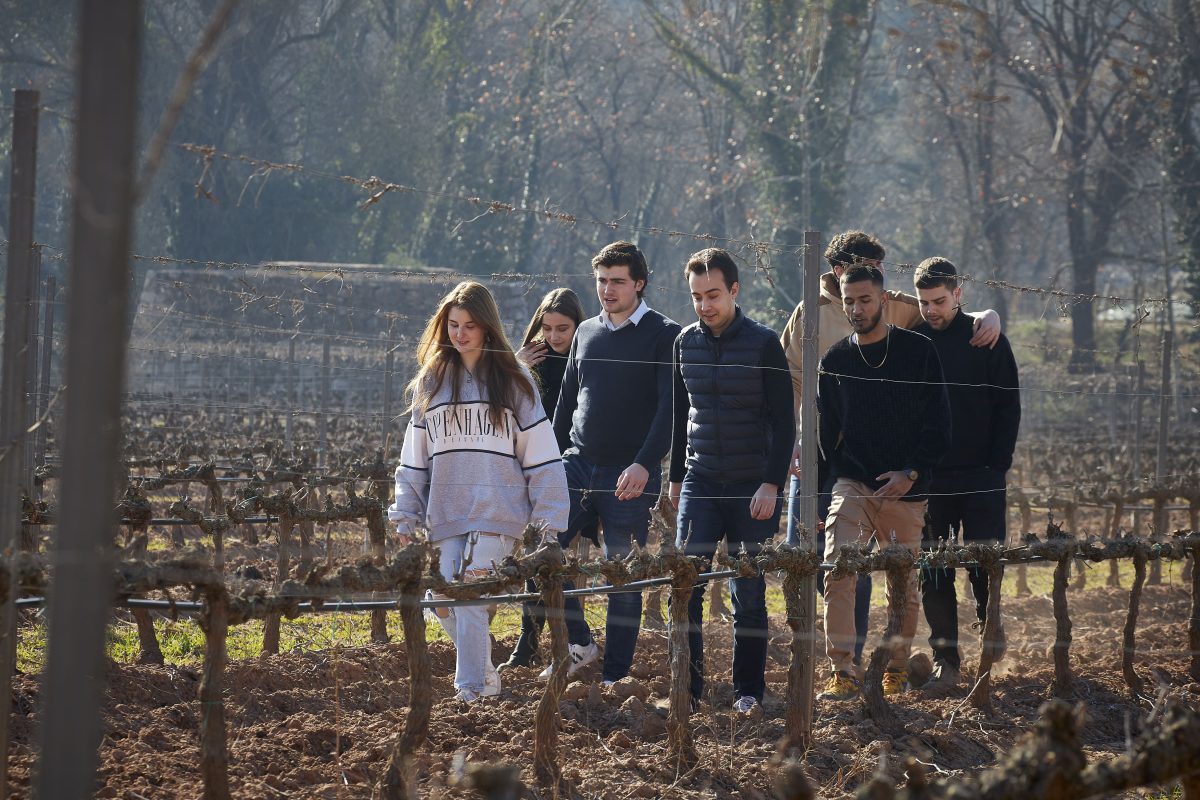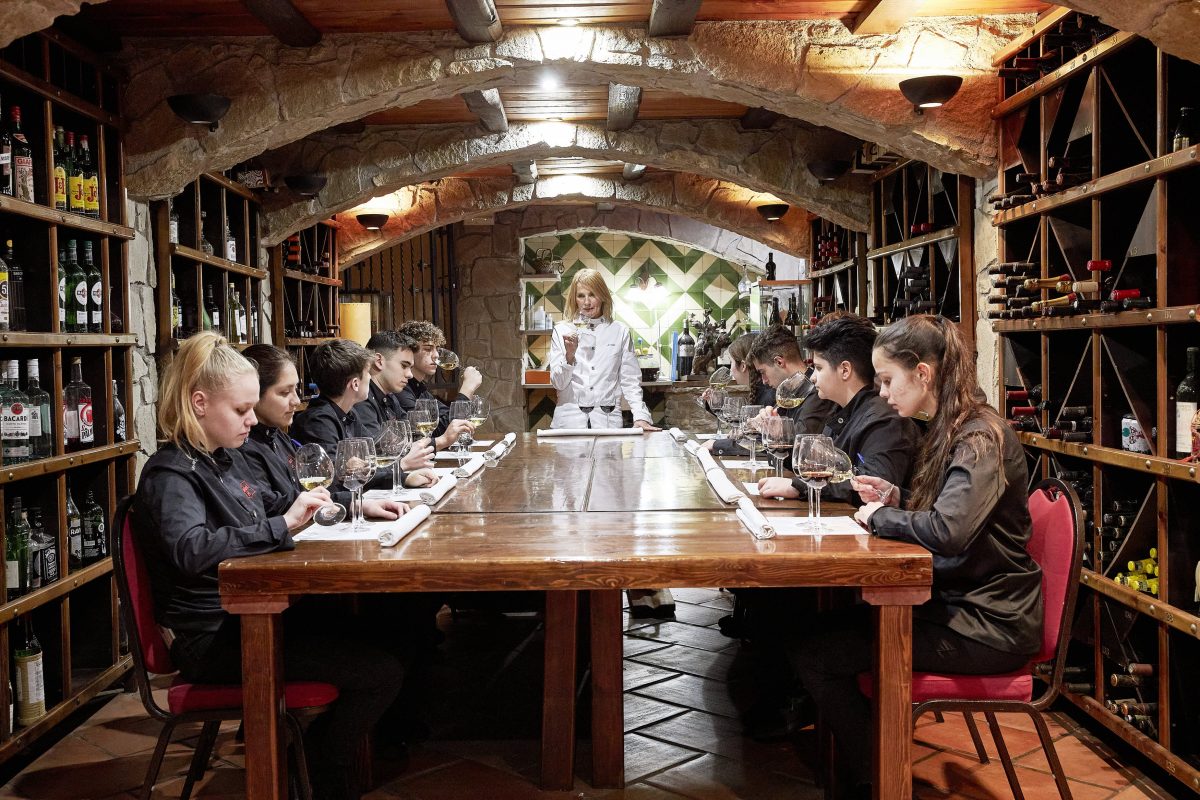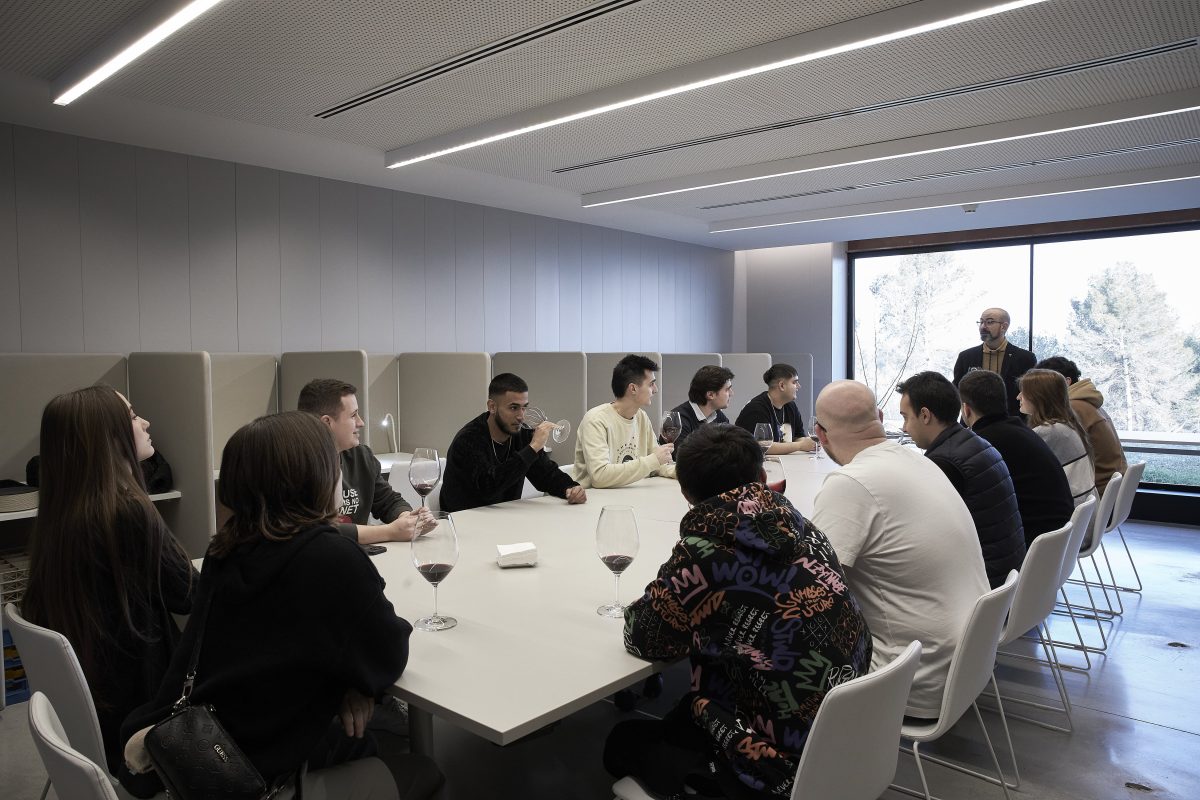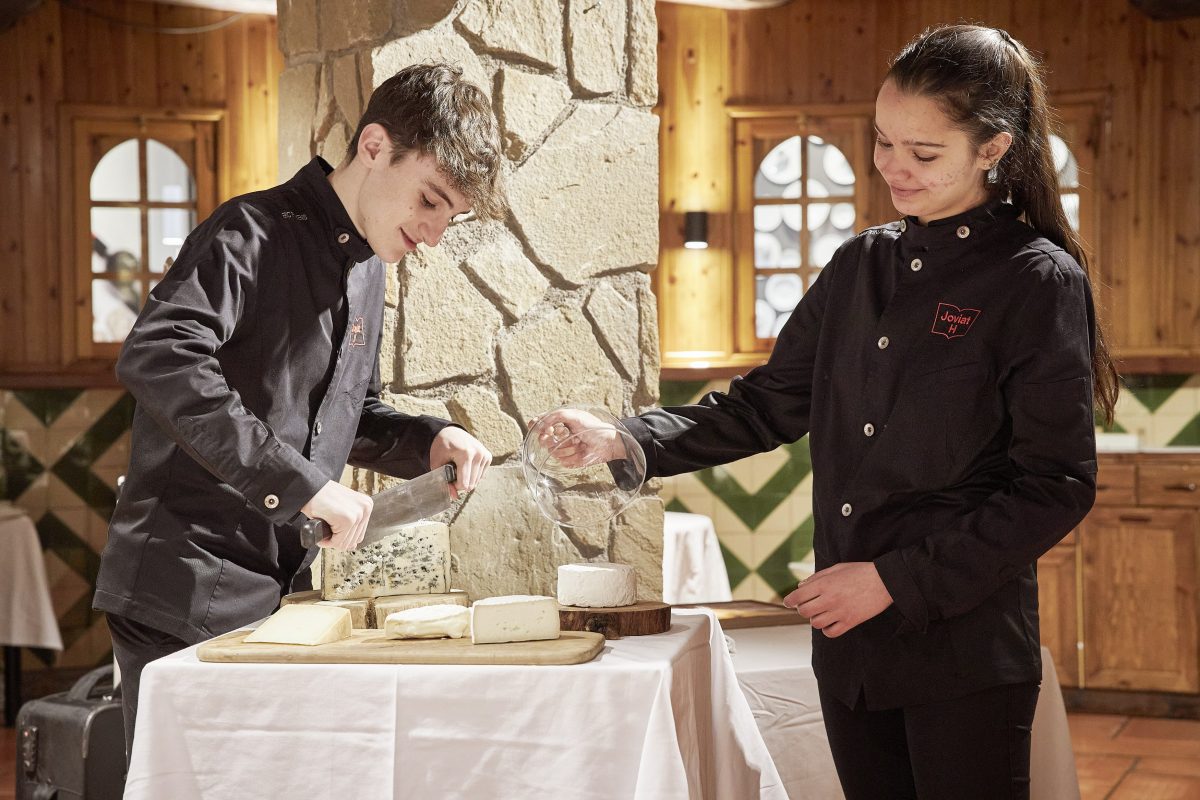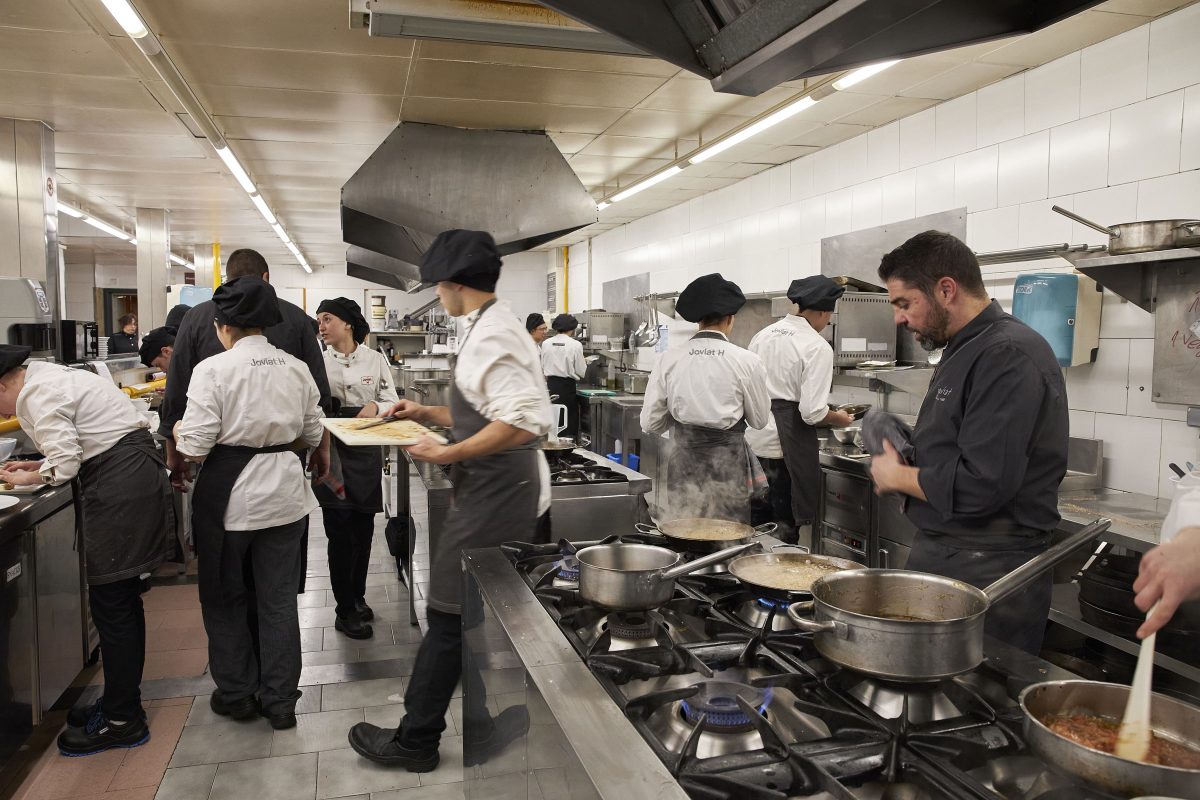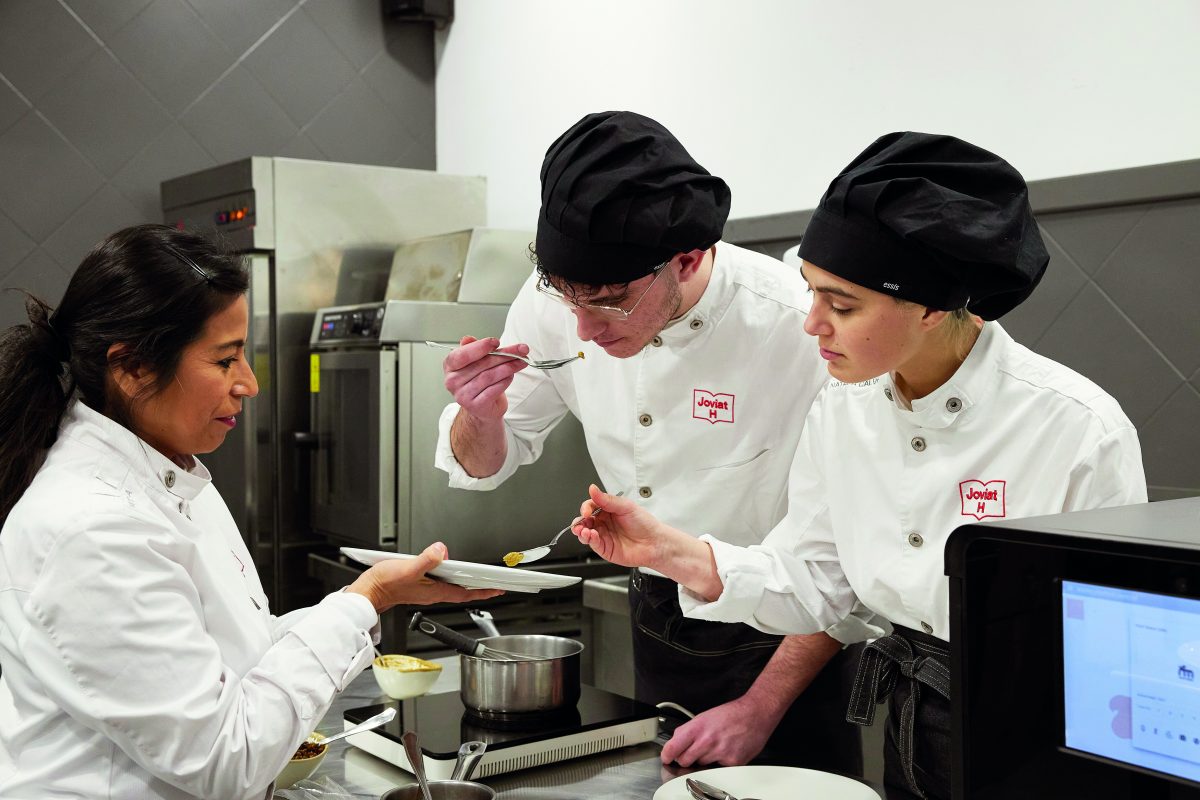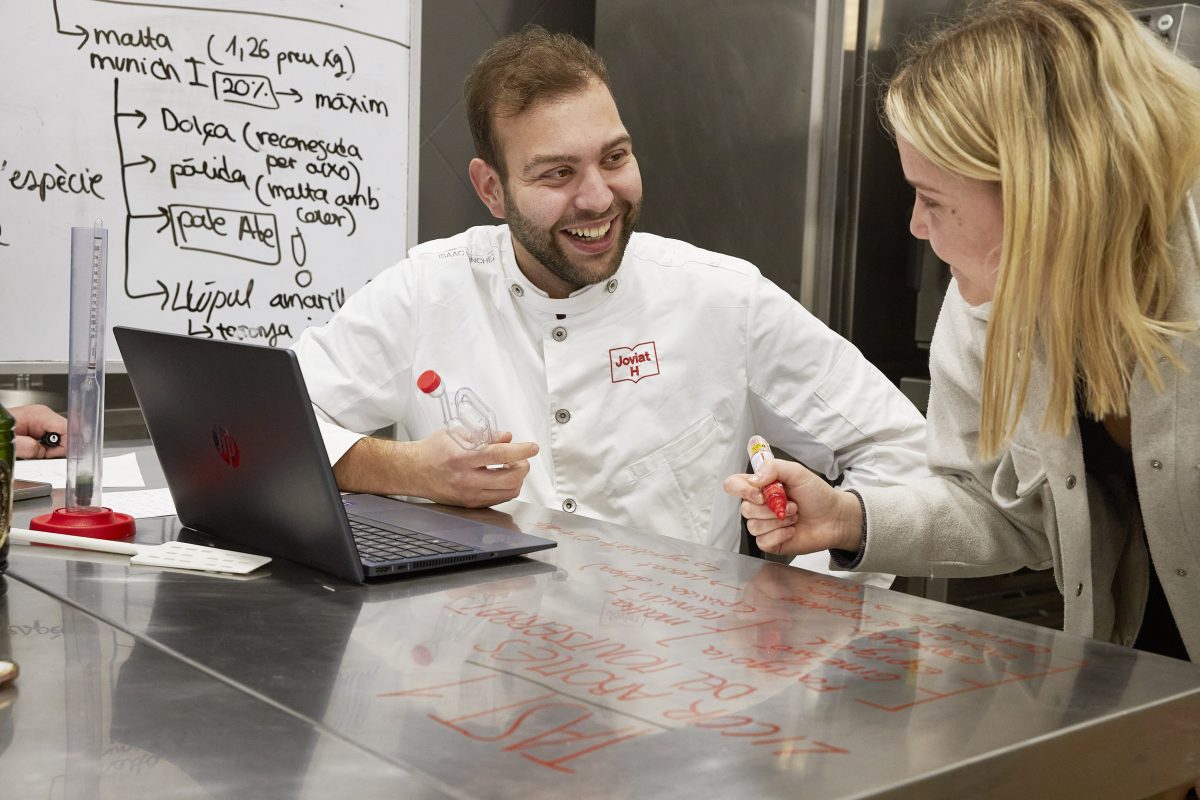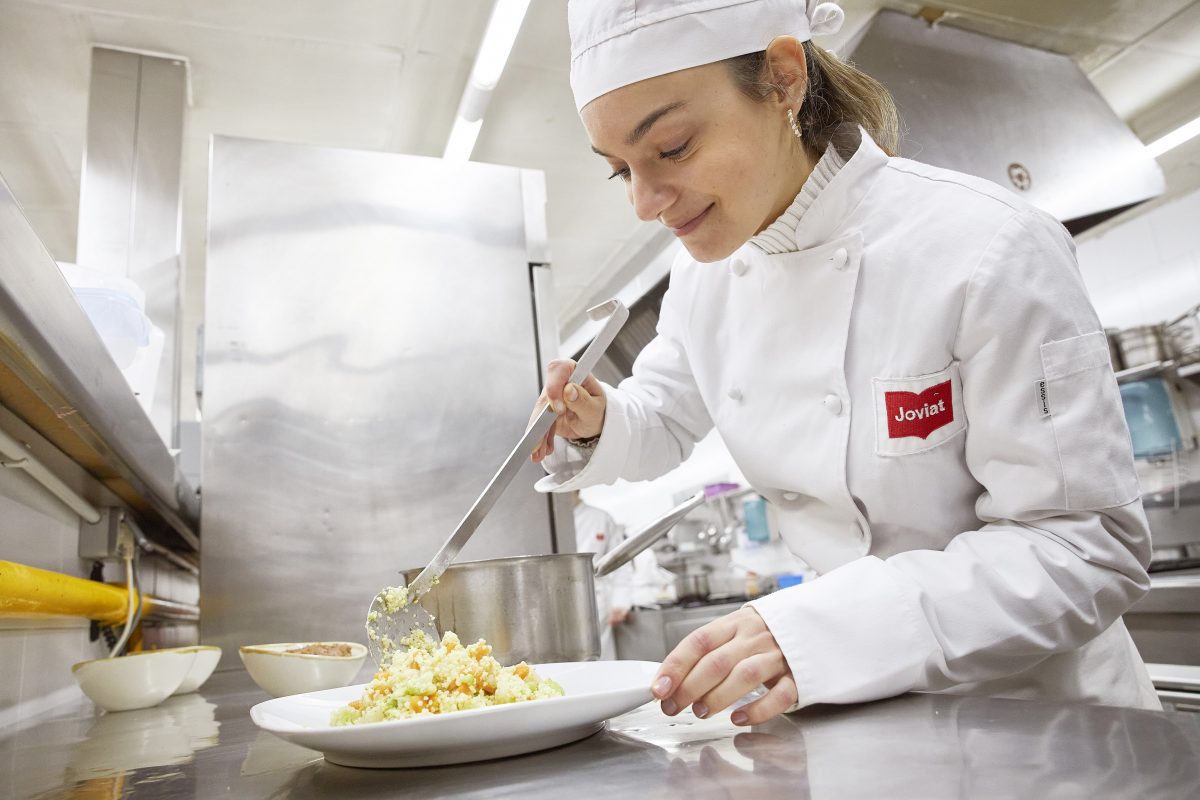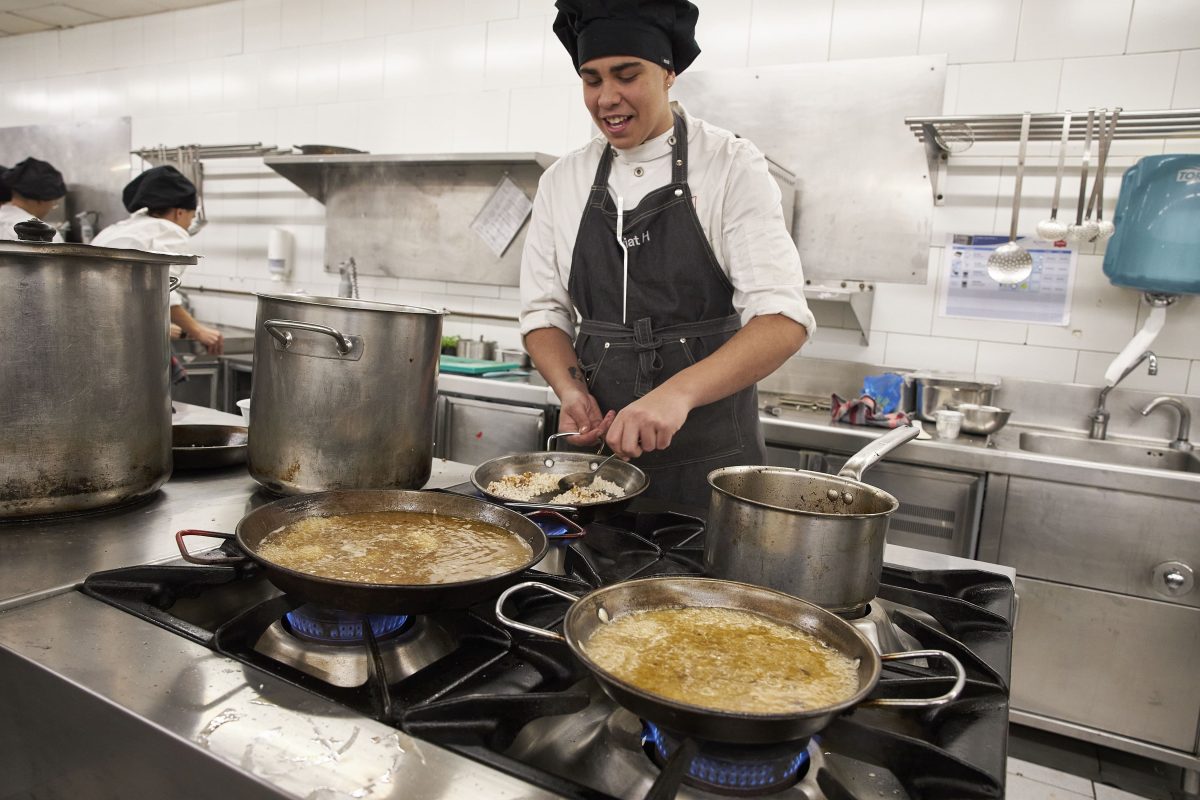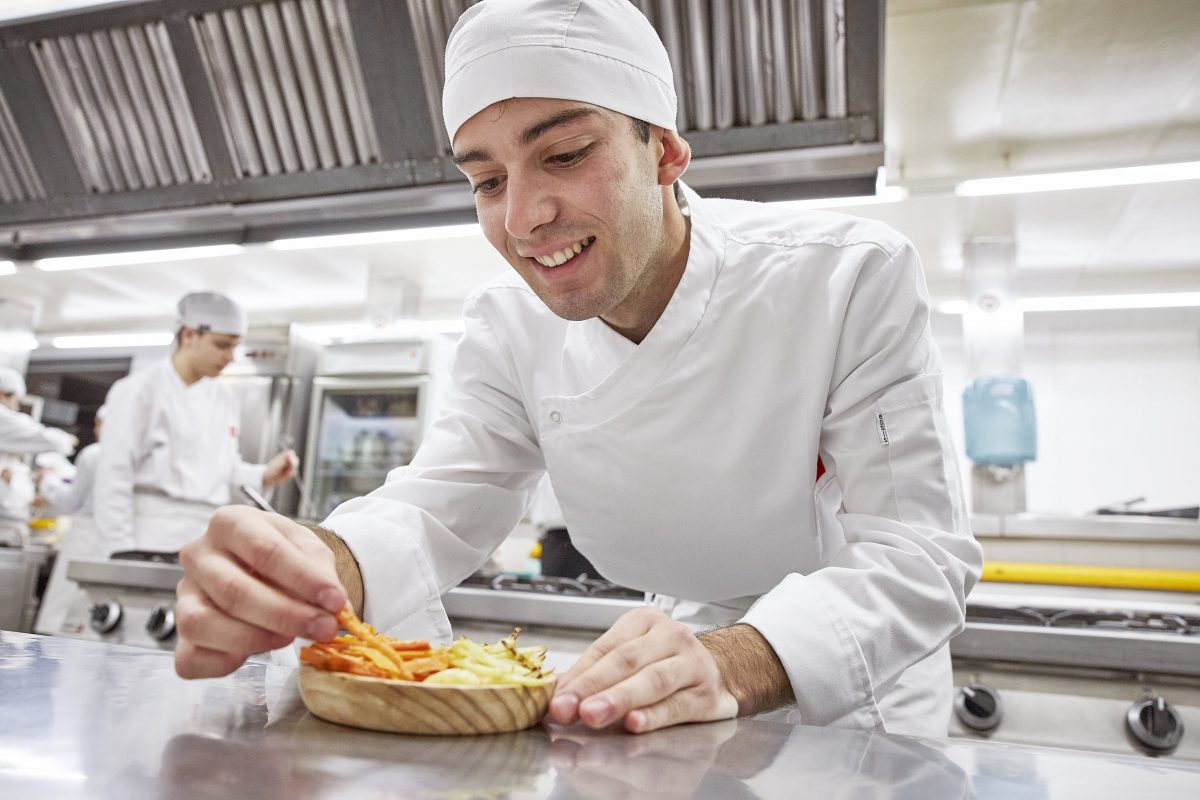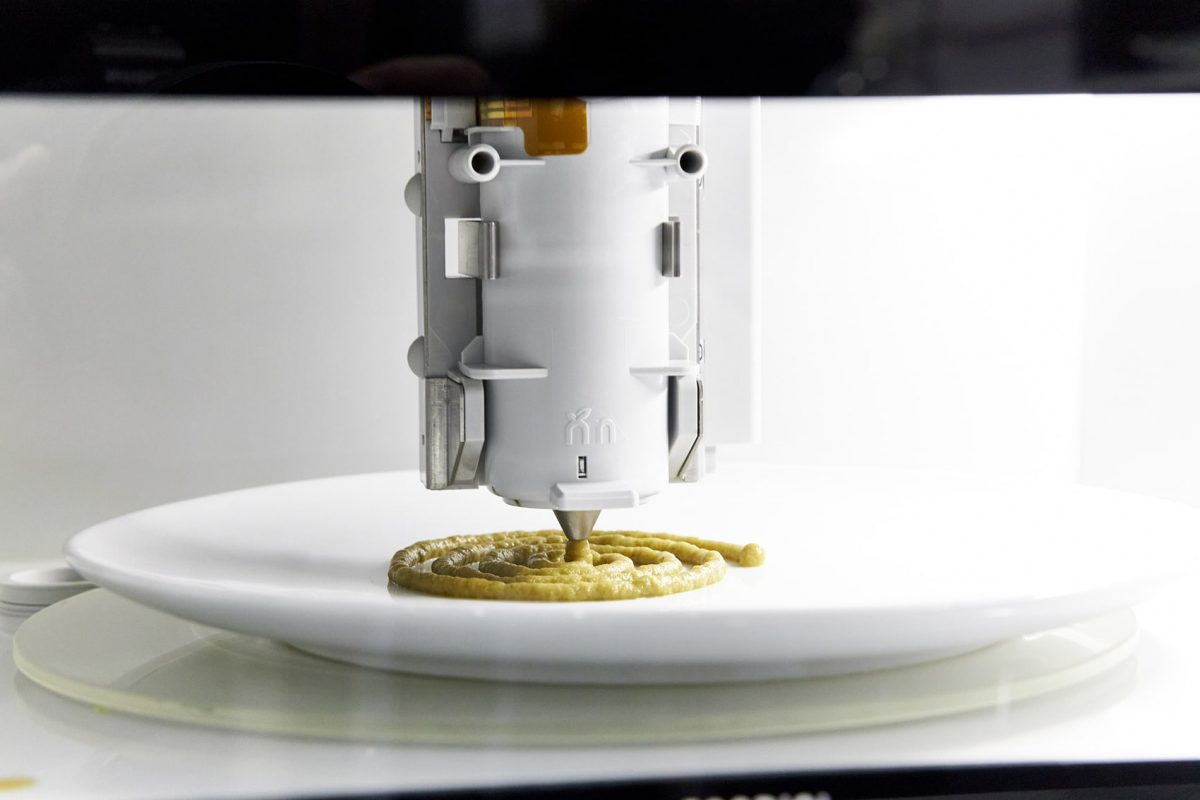Get your brochure
Fill personal data to receive the brochure
CATALAN CUISINE: A
MEDITERRANEAN
TREASURE
A semester course to learn about the best Catalan food
recipes, global cuisine, creativity, innovation, and new
techniques.
Duration
1 Semester (January to May)
Location
Barcelona/Manresa/Girona
Hours
400 h
Price
26.000 €
Dates
SPRING January – May 2024
International Welcoming Ceremony – Orientation- Dinner: January 8th, 2024
Exam week: May 20th – May 24th, 2024
Opening application
July 1st 2023
Deadline
Spring Semester: Oct. 8th, 2023
Application requirements
Resume/Appl. Form/ Appl. Fee/ Assessment form transcript.
Semester Syllabus
Code course 1124016
1. Context: History, cultural aspects, traditions and taste physiology
This course provides a unique opportunity to learn and contextualize Catalan Cuisine through its history since middle ages to nowadays, from traditional to avantgarde cuisine, and its relationship with culture and traditions of the region. This course pretends the understanding of how this traditional cuisine had been shaping the catalan landscape through time, creating a great and wide selection of catalan products. Included in this course content , is the understanding of taste physiology.
Code course 2124016
2. Knowledge of product: Local Key Ingredients
This course will introduce student to key local products and their application in traditional and modern recipes. Knowing local products and understanding local agriculture, visiting local sources of each group of products, and experiencing the process of growing and preparing them, the student will be able to integrate this product into the following key techniques with extended knowledge of each product.
Code course 3124016
3. Technology: cooking styles
This course will introduce the student to the basic and traditional cooking styles of Catalan Cuisine, from traditional stews to ancient sauces and condiments, like the famous allioli, or the catalan sofregit, all of them original from Catalunya. The student will be learning about “vermouth time”; a very established catalan tradition, a snack time before lunch, when people get together at the vermuteries or any restaurant to eat a small bite before lunch. The typical food that is eaten at that time, is tinned products (mussels in escabeche, sardines, cockles, clams), potato chips, olives, etc..paired of course with a glass of local vermouth.
Emphasis will be placed on sourcing, storage, cooking technique, and other uses.
Code course 4124016
4. Creativity, Innovation and new techniques
This course includes an exploration of the process of designing, creating, and plating a dish or even a new food concept idea, utilizing a prototype and testing projects, introducing new products proposals. This course will give the student the capability of responding to future challenges of the culinary world.
The student will visit SOSA, the famous producer of new culinary products for modern cuisine, tasting and learning its uses.
The student will be involved in current innovative projects of the school, like the use of a 3D-Printer as a solution for dysphagia, a very common and demanding societal issue, as a way of giving back to the community project as well.
Code course 4124016
5. Cooking and Health: the 21st century Challenge
This course develops an expanded understanding of the Mediterranean Diet as a way of eating, living, and the importance of this diet as a prevention of health issues. The student will learn the fundamentals of organic farming and the plant based diet and the Plant-forward trends.
The student will learn the zero-waste concept as a new and innovative way of managing a restaurant, proving the system allows you to manage a modern and gastronomic restaurant following the zero-waste rules.
Code course 6124016
6. #2BE#2LEAD Personal Growth
Code course 7124016
7. Spanish Language
1 ECTS
Code course 8124016
8. Externship-Practicum
3 ECTS
Methodology
Theoretical basis and practical hands-on learning experiences to solve professional and personal challenges, encouraging self-reflection and conversations about Catalan gastronomy.
To understand our cultural background, our learning tools and strategies will be focused on real life demands that involve the student’s contact with the people who are launching these requests (other students, external collaborators, companies, local producers, chefs, etc…). Using different techniques and methodologies, all participants will create elaborations, ranging from traditional to modern, in order to experience authentic Catalan everyday cuisine.
The program will follow many common and interdisciplinary experiences, such as lectures, show cooking, producer visits, workshops, problem-solving learning, and activities that involve adaptability to changes or promote content creation through collaborative learning and personal background.
Asstesment system
The competence and training evaluation focuses on the students’ process to learn, How they performtheir performance and their doing.
The quality of their process will be assessed evaluated day in and day out day after day, including their attendance, creativity, communication skills, adaptability, and respect.
Their learning improvements when in front of their own mistakes will also be evaluated, as well their attitude towards their mates and teachers, towards possible challenges and how they face and solve them.
Their learning progress, in the face of their own mistakes, will also be assessed, as well as their attitudes towards their mates and teachers, toward possible challenges, and how they confront and resolve them.
Last week of the Program the students will work out a final project challenge to check all they have learned. refrased
In the final week of the program, students will complete a final project challenge, to check everything they had learned.
Individual activities ___ %
Team work ___ %
Final project ___%
Attendance and attitude ___ %

